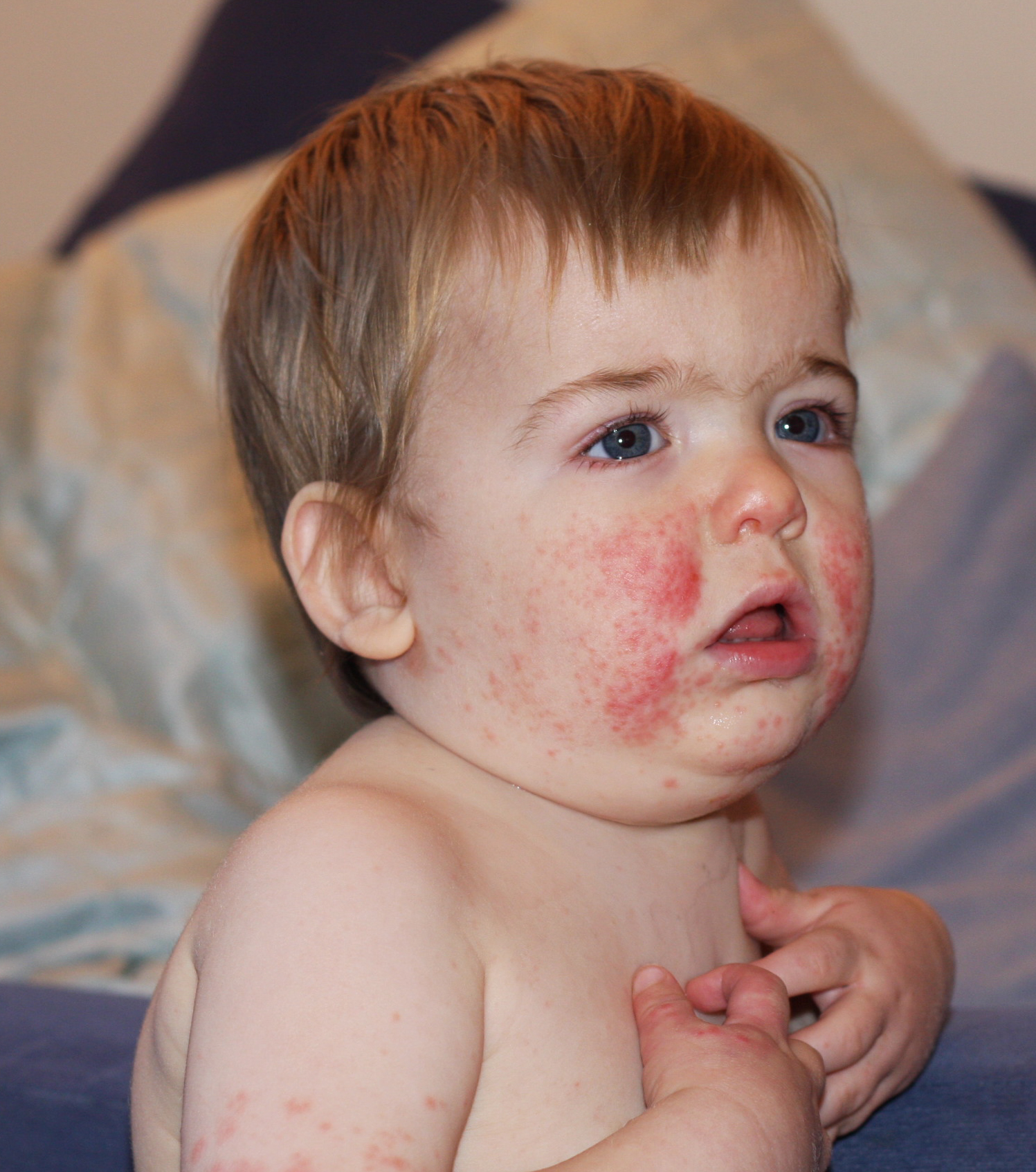Treatments for Children's Diseases

Types of Children's Diseases
Infectious Diseases
Infectious diseases are caused by bacteria, viruses, and other microorganisms. These diseases can be spread from person to person, through contact with contaminated objects, or through bites from insects or animals. Some common infectious diseases in children include:
- Chickenpox
- Measles
- Mumps
- Flu
- Common cold
Chronic Diseases
Chronic diseases are long-lasting conditions that can have a significant impact on a child's health. These diseases can be caused by genetic factors or environmental factors, such as poor nutrition or exposure to toxins. Some common chronic diseases in children include:
- Asthma
- Diabetes
- Cancer
- Cerebral palsy
- Cystic fibrosis
Mental Health Disorders
Mental health disorders can affect a child's emotional, psychological, and social well-being. These disorders can be caused by genetic factors or environmental factors, such as trauma or abuse. Some common mental health disorders in children include:
- Anxiety disorders
- Depression
- Attention deficit hyperactivity disorder (ADHD)
- Eating disorders
- Autism spectrum disorder
Symptoms of Children's Diseases
The symptoms of children's diseases can vary depending on the type of disease. Some common symptoms include:
- Fever
- Coughing
- Sneezing
- Rash
- Pain
Treatments for Children's Diseases
Treatments for children's diseases can also vary depending on the type of disease. Some common treatments include:
- Antibiotics
- Antiviral medication
- Chemotherapy
- Physical therapy
- Counseling
Advantages and Disadvantages
One advantage of knowing about children's diseases is that it can help parents take preventative measures to protect their children from getting sick. However, a disadvantage is that it can cause unnecessary worry and anxiety among parents who may mistake common symptoms for something more serious.
Conclusion
Children's diseases are a common occurrence and can have significant impacts on a child's health. It is important for parents to be aware of the different types of diseases, their symptoms, and treatments to ensure that their child receives the best care possible.
FAQ
What are some common infectious diseases in children?
Some common infectious diseases in children include chickenpox, measles, mumps, flu, and the common cold.
What are some common chronic diseases in children?
Some common chronic diseases in children include asthma, diabetes, cancer, cerebral palsy, and cystic fibrosis.
What are some common mental health disorders in children?
Some common mental health disorders in children include anxiety disorders, depression, ADHD, eating disorders, and autism spectrum disorder.
What are some preventative measures parents can take to protect their children from getting sick?
Some preventative measures parents can take include ensuring their child is up-to-date on vaccinations, practicing good hygiene, and avoiding contact with sick individuals.
